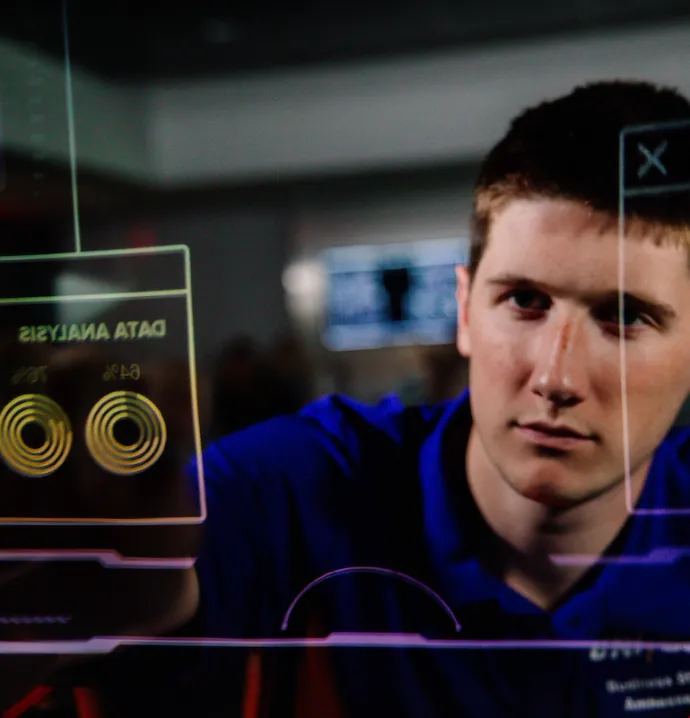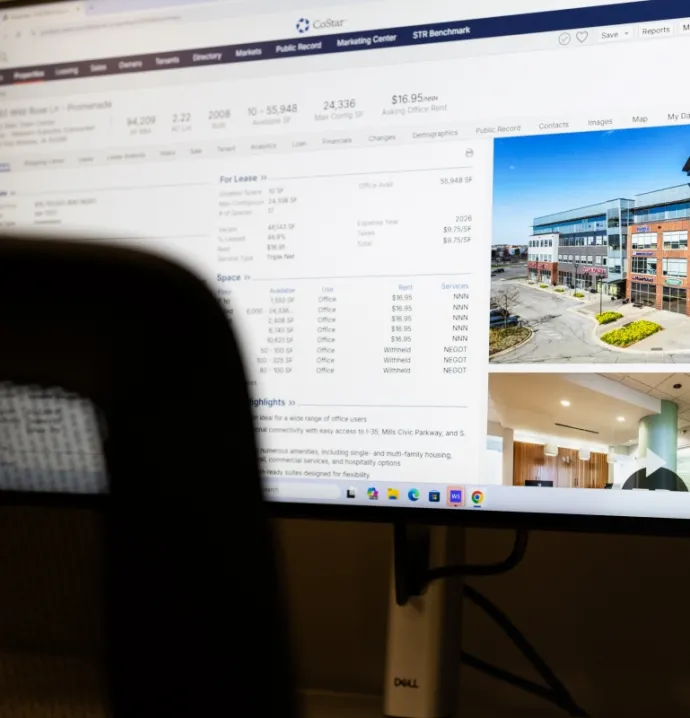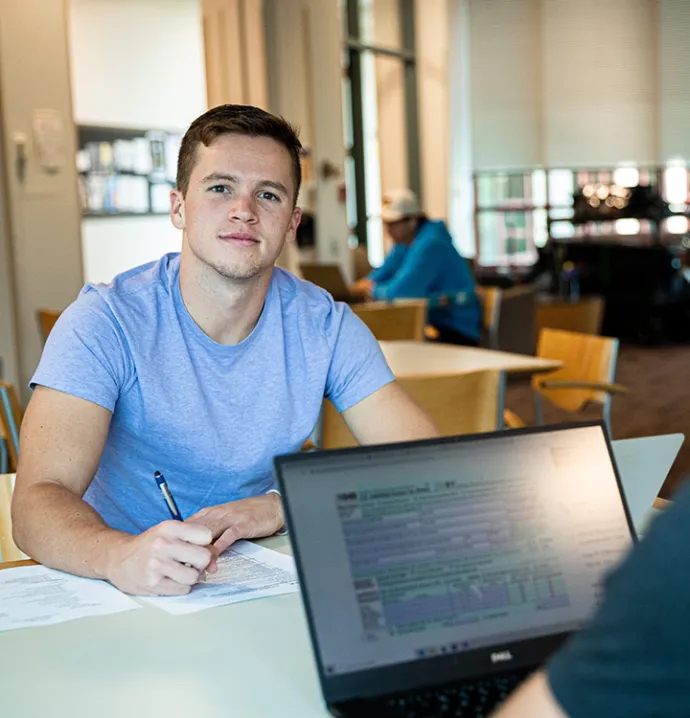Three UNIBusiness teams compete in CME Group University Trading Challenge
Three UNIBusiness teams compete in CME Group University Trading Challenge
Real-time trading can bring feelings of excitement and energy that is hard to replicate without real-world experience. Three UNIBusiness teams — 15 students — received that valuable experience in the CME Group University Trading Challenge, which was held from Oct. 6 to Nov. 1.
Teams were tasked with taking a starting balance of $500,000 and trading on a CME Group application — CME Group is a global market trading company. The application, CME Globex, is an open access marketplace that allows students to directly enter their own trades and participate in the trading process. Teams traded what are called “futures” or “future contracts” — a contract between two parties that agree to exchange security or commodity at a fixed price at a set date in the future.
The team of Tyler Dau, Trent Koser (team leader), Adam Schmidt, Ryan Weber and Sydney Younge finished No. 8 out of the 409 teams from around the world, making a 90% return in just four weeks. The two other teams placed among some of the most prestigious schools globally.
“Our main takeaways are that this competition heavily favored high-volume trading with a very aggressive trading strategy,” said Eric Hordusky (Accounting and Finance, ’20, Sioux City, Iowa), who competed with one of the three teams. “This complemented what we were learning [in the classroom] by letting us put our collective knowledge of trading and the knowledge we gained from our Options/Futures class into action.”
The four-week competition included the trading of futures in a variety of industries and asset classes: agriculture, energy, metals, equity index, interest rates and foreign exchanges. Teams were required to execute at least 10 transactions per day.
Hainan Sheng, assistant professor of finance and adviser for the teams, said the competition was valuable on multiple levels. Students worked in a team environment and used sophisticated software used by real-world finance professionals. Futures trading is also a useful tool among finance professionals, and an exercise like this helps students understand something they maybe haven’t been exposed to in the past.
“Students said that they have been exposed to stocks trading a lot but have never been exposed to futures trading,” Sheng said. “They said that they might not get any opportunity to trade for futures if they were not for this event. This challenge helps them understand how futures are traded based on different market events and different technical analysis.”
UNIBusiness thanks the those who donate to the Dean's Fund for Excellence. Funds raised help pay for student organization competitions, global experiences and professional credential education.




